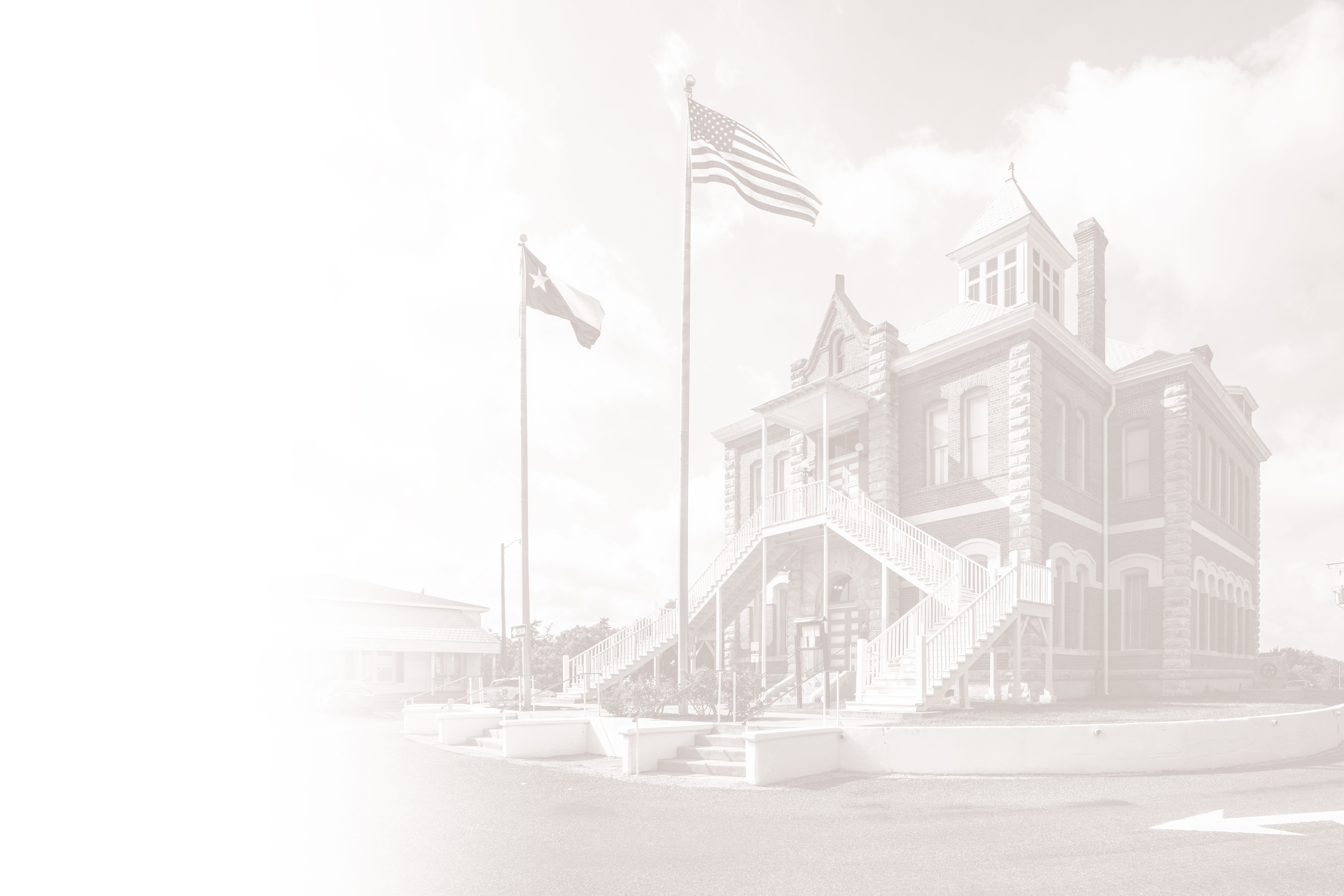A Brief History
Back during the modern Jim Crow era, African Americans endured discriminatory hazards while traveling around the country. To circumnavigate these unwelcome situations, they used various travel guides to locate where they could purchase gas, get a hair cut, buy a meal, sleep for the night, or enjoy some entertainment. These travel guides were published from the early 1930s up to the late 1960s and provided information that would keep the African American traveler "from running into difficulties, embarrassments and to make his trips more enjoyable." Probably the most well-known one is The Negro Motorist Green Book, or more commonly known as the Green Book.
African American Travel Guide Sites
The African American Travel Guide Sites map is preliminary. A red pin indicates that the site is still extant; a blue pin shows that it has been demolished. Each pop-up window will show business name, description type, geographic coordinates, state of existence, and address. More information about the businesses will be added as research uncovers the information, so that each site's story can be told. Some sites were not added to the map as their precise locations are currently unknown.
If you have information about a site and would like to share with the Texas Historical Commission, please contact Leslie Wolfenden.
Highlights of African American Travel Guide Survey Project
Survey Project Information
Based on 34 African American travel guides in the THC's files, over 780 individual travel guide sites were listed in 43 communities across the state. The types of resources run the gamut including restaurants and barbecue stands, barber shops and beauty salons, YMCAs and YWCAs, service stations and garages, hotels and boarding rooms, doctors and dentists, lawyers and NAACP representatives, taverns and liquor stores, theaters and night clubs, and colleges. For more information about Texas sites, see the Travel Guide Sites in Texas.
This travel guide topic surfaced during the Bankhead Highway Survey and Statewide Highway Historic Context Project, and the resulting excerpt was added to the survey report: "The Negro Motorists Green Book and Race-specific Travel Guides."
The topical information was added onto during the Meridian Highway survey project with a closer look at Gus Allen (left), who was an African American entrepreneur in Galveston who owned a cafe, hotel, barber shop, restaurant, and night club. He was also a prominent citizen, serving on civic, social, and charitable organizations. Gus Allen, Galveston Entrepreneur.
Thematic Topics
The long list of African American travel guide resources fell into specific groupings:
- Accommodations (boarding rooms, hotels, motels, tourist homes),
- Automobile-related (garages, filling stations, service stations, gas stations),
- Education (colleges, barber and beauty schools, vocational schools),
- Entertainment (night clubs, theaters, music venues),
- Food and drink (restaurants, cafes, barbecue stands, liquor stores, bars),
- Law and Civil Rights (attorneys, lawyers, NAACP),
- Medical and dental (physicians, dentists),
- Personal care-related (barber shops, beauty salons),
- YMCAs and YWCAs.
Some of these groupings have the potential to be thematic topics, in particular Education, Civil Rights, Medicine, Food, and Entertainment. The first of these thematic topics to be researched and documented is Education, and more specifically Historically Black Colleges and Universities (HBCUs).
African American Travel Guides used in project:
- Chauffeur's Travelers Bureau Inc. (no date, c. early 1930s)
- Hackley & Harrison's Hotel and Apartment Guide for Colored Travelers (1930)
- Division of Negro Affairs: Tentative List of Hotels Operated by Negroes (1937)
- The Negro Motorist Green Book (1939, 1940, 1941, 1947, 1948, 1949, 1950, 1951, 1952, 1953, 1954, 1955, 1956, 1957, 1959, 1960, 1961, 1962, 1963-64, 1966-67)
- The Negro Handbook (1942)
- Grayson's Travel and Business Guide (1949)
- Travelguide (1947, 1949, 1952)
- GO Guide to Pleasant Motoring (1955, 1957-58)
- Nationwide Hotel Association Directory and Guide to Travel (1958)
- The Bronze American (1961-62)
Volunteers Needed
The Texas Historical Commission's Survey Program is currently researching and documenting these resources across the state. This project is in need of interns and volunteers as this is a multiple-year project with limited staff available. Tasks include photography of existing sites (only about 25% remain) and research for all sites of city directories, newspapers, historical photographs, postcards, and other ephemera. If you are interested in assisting, please contact Leslie Wolfenden. Their stories are waiting to be told.
Past interns created posters that they can present at conferences, poster sessions, and other events – a great résumé and networking tool (see the right Sidebar for project posters). The interns chose a community and then selected a handful of sites on which to conduct in-depth research. Their research got transformed into visually attractive posters. If you are interested in an internship, see the THC's Internship program; another internship opportunity is the highly competitive Friends of the Texas Historical Commission's Preservation Scholars Program.
